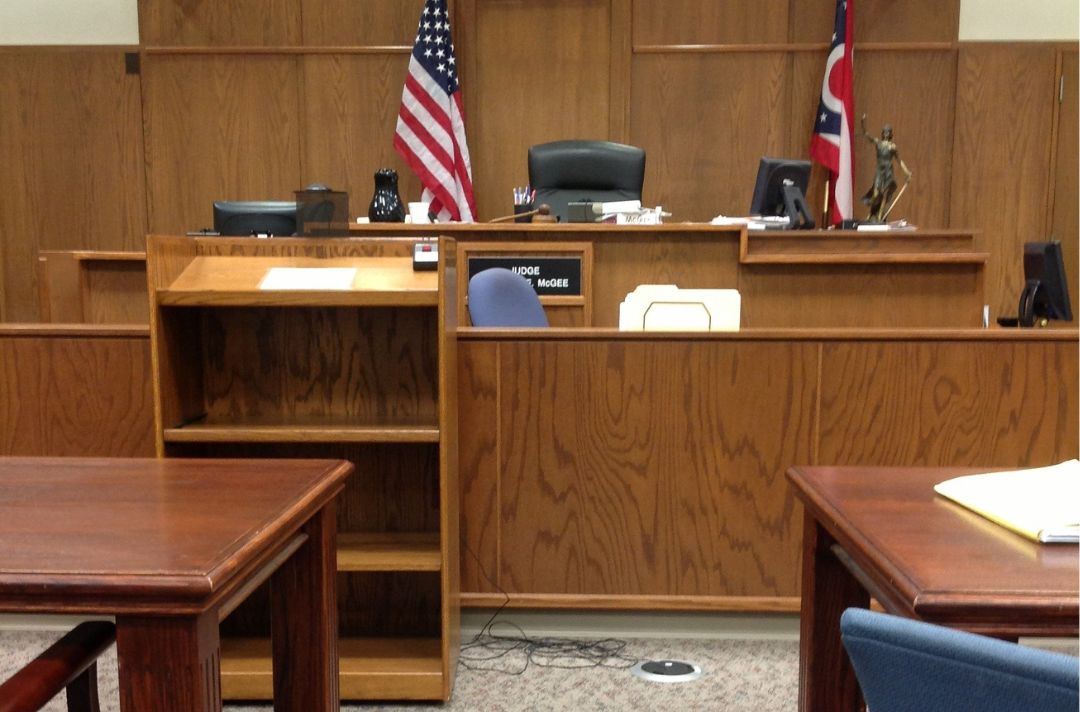
A bond hearing is a court proceeding where a judge decides whether a defendant can be released from jail before their trial and, if so, what type of bond or conditions will be imposed. The purpose is to balance the defendant’s right to freedom with public safety and the need to ensure they return for future court dates.
In the District of Columbia there is NO CASH BOND.
In Washington, DC legislatures decided many years ago that cash bond unfairly discriminates around a defendant’s income, or lack thereof.
Therefore, in the District of Columbia, bond or “release on bond” is determined by whether or not the defendant is:
- A flight risk or at risk of not appearing for future court appearances, AND
- Whether the defendant on release presents a threat or danger to the community.
If a Judge in the District of Columbia determines that these two prongs are satisfied, then they will release a defendant on NON-CASH BOND. However,the defendant may have several conditions of release places upon them like weekly drug testing, GPS tracking/ankle monitor device, etc.
In jurisdictions where there is Cash Bond the procedures below will be followed.
During the hearing, the judge evaluates:
- Whether to grant bail (the amount of money or conditions required for release).
- The type of bond (e.g., cash, surety, or personal recognizance).
- Any conditions of release, such as travel restrictions or monitoring.
Bond hearings typically occur shortly after an arrest, often within 24–48 hours, depending on the jurisdiction.
Types of Bonds
The judge may set one of several types of bonds during a bond hearing:
- Cash Bond: The defendant or their family must pay the full bail amount in cash to secure release. (N/A in DC)
- Surety Bond: A bail bondsman pays the bail amount for a fee (usually 10–15% of the bond), and the defendant is released. (N/A in DC)
- Personal Recognizance (PR) Bond: The defendant is released without paying bail, based on their promise to appear in court. This is often granted for non-violent offenses or defendants with strong community ties.
- Property Bond: Property (e.g., a house or car) is used as collateral to secure release. (N/A in DC)
In some cases, the judge may deny bond, meaning the defendant must remain in custody until their trial, often for serious charges or flight risks.
What Happens at a Bond Hearing?
During a bond hearing, the judge hears arguments from both the prosecution and the defense. Here’s what typically happens:
- Prosecution’s Argument: The prosecutor may argue for a high bond or no bond, citing factors like the severity of the crime, public safety concerns, or the defendant’s risk of fleeing.
- Defense’s Argument: The defense attorney presents reasons for a lower bond or release on recognizance, highlighting the defendant’s ties to the community, employment, or lack of criminal history, and that the defendant is not a flight risk or does not pose a risk of failing to appear at upcoming court dates.
- Judge’s Decision: The judge considers both sides and sets the bond amount or conditions, or denies bail altogether.
The hearing is usually brief but can significantly impact the defendant’s immediate future.
Factors Considered in a Bond Hearing
Judges evaluate several factors when deciding on bond:
- Severity of the Charges: More serious crimes (e.g., violent felonies) may result in higher bonds or denial of bail.
- Criminal History: A clean record or minor prior offenses may favor a lower bond.
- Flight Risk: If the defendant has strong community ties (e.g., family, job, or property), they’re less likely to be seen as a flight risk.
- Public Safety: If the defendant is deemed a danger to the community, the judge may impose stricter conditions or deny bond.
- Financial Ability: Some jurisdictions consider the defendant’s ability to pay when setting bail, though this varies.
How to Prepare for a Bond Hearing
To improve the chances of a favorable outcome:
- Hire an Attorney: An elite, expert, experienced criminal defense lawyer can present a strong case for release or a lower bond.
- Gather Evidence: Provide information about your ties to the community, employment, or family responsibilities.
- Be Respectful in Court: Your behavior during the hearing can influence the judge’s perception.
Get Legal Help Today
If you or someone you know is facing a bond hearing, the elite, expert, experienced team at Ervin Kibria Law can help. We’ll fight to secure a fair bond and protect your rights throughout the legal process. Contact us today by calling (202) 689-4439 or filling out our online form for a consultation.




